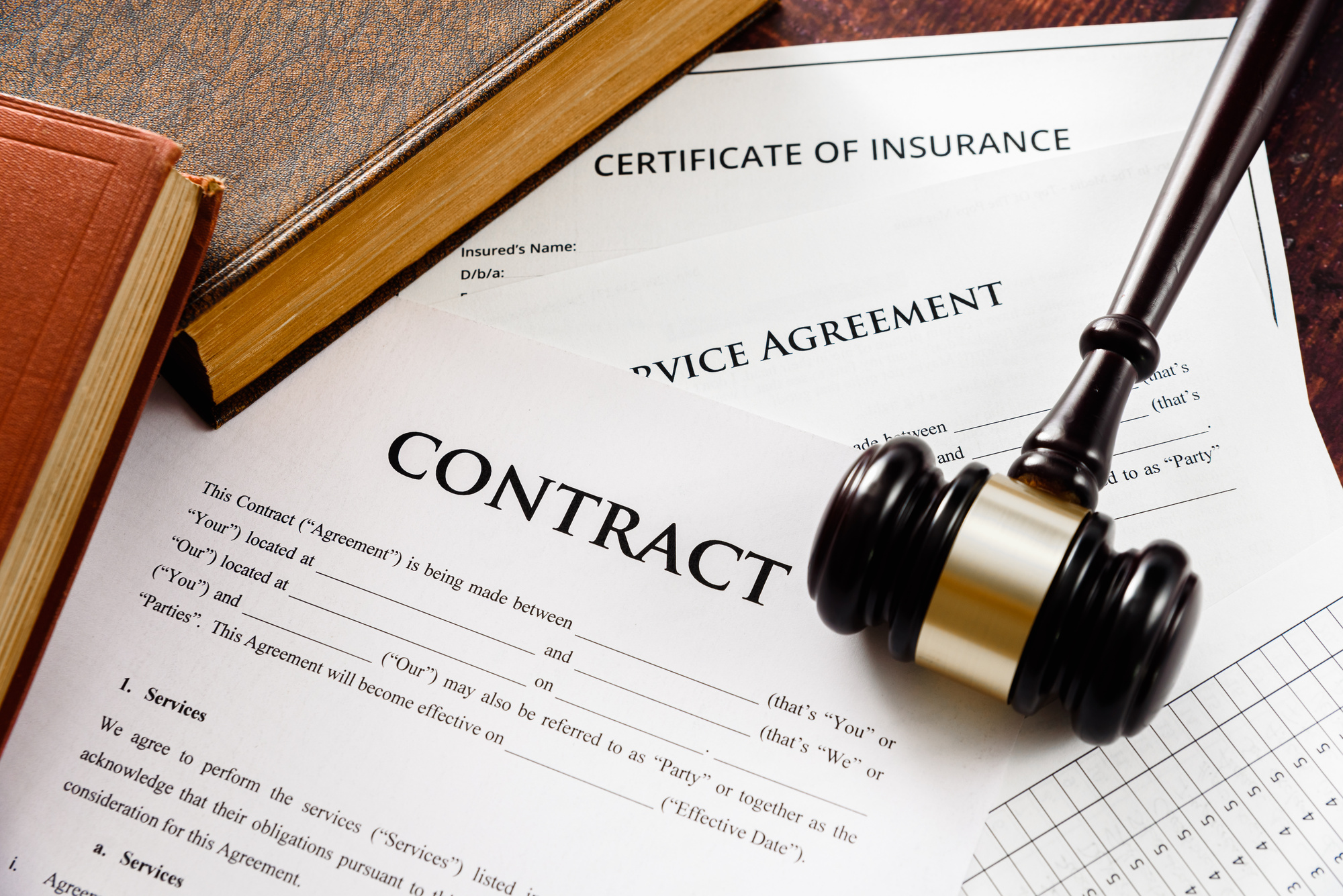Now Reading: 5 Common Commercial Disputes And How They’re Resolved
-
01
5 Common Commercial Disputes And How They’re Resolved

5 Common Commercial Disputes And How They’re Resolved
5 Common Commercial Disputes And How They’re Resolved
In commerce, disputes are inevitable. Transactions can go awry, contracts can be breached, and business relationships can sour, leading to complex legal challenges. Each of these obstacles has the potential to inflict significant financial losses, cause reputational damage, and hinder business operations. However, while these disputes may be inevitable in doing business, they need not spell disaster for companies.
With a proper understanding of their nature, companies can anticipate and prevent potential disputes and effectively manage those that arise. This article aims to provide an overview of the most common commercial disputes and how they’re typically resolved. Read on to learn more.
- Breach Of Contract
Arguably the most common commercial dispute, a breach of contract occurs when one party fails to fulfill their contractual obligations, which range from delivering goods or services to making payments or maintaining confidentiality. Failure to fulfill contractual obligations under a contract can happen in several ways. These can include late performance, non-performance, substandard performance, repudiation of the agreement, and interference with the other party’s performance.
Therefore, if you believe someone has breached a commercial contract with you, consider the options to resolve the issue. In most cases, it involves negotiations between parties or their legal representatives.
If a settlement isn’t reached, the dispute may proceed to arbitration or litigation, where a third party makes a binding decision. In this case, having legal support is essential. For instance, you can get your dispute resolved with https://www.goldlaw.com.au/ or other similar law firms, which provide the necessary guidance, representation, and legal advice to ensure the best possible outcome.
- Intellectual Property Disputes
Intellectual property (IP) disputes can arise over the use of patents, copyrights, trademarks, or trade secrets. These could involve a business using another’s protected property without permission or claiming ownership of a shared idea.
Some common types of IP disputes include:
- Copyright Infringement: This happens when someone uses copyrighted material without the owner’s permission. For example, if someone copies and distributes a copyrighted book without the author’s permission, they infringe on the latter’s copyright.
- Trademark Infringement: This happens when someone uses a trademark without the owner’s authorization. For example, if someone uses your company logo without your permission, they infringe on your company’s trademark.
- Patent Infringement: This occurs when someone makes, uses, and sells a patented invention without the owner’s permission. For example, if someone sells a product that uses a patented technology without the patent owner’s permission, they can be liable for infringement.
IP disputes can be addressed through cease-and-desist letters or settlement negotiations, including arbitration or mediation. However, in cases where an agreement can’t be reached, litigation may be necessary, which can result in injunctions, damages, or the transfer of IP rights.
- Employment Disputes
Another common commercial dispute that you should consider is those arising from employment. These disputes are disagreements between an employer and an employee. Employment disputes can involve issues like the following:
- Wrongful Termination: It happens when an employee is wrongfully terminated due to reasons not allowed by law, such as their gender, religion, or race.
- Discrimination: It occurs when an employee is discriminated against in the workplace, such as being paid less than other employees and being denied a promotion due to their race, gender, or religion.
- Harassment: It happens when an employee is being harassed in the workplace, such as being subjected to unwanted sexual advances or being verbally abused by their supervisor.
- Wage Disputes: It occurs when an employee has a dispute with their employer over their wages. For example, an employee may be entitled to overtime pay if they work more than 40 hours, but the employer refuses to pay.
These disputes can damage a company’s reputation, morale, and bottom line. Hence, resolving them through internal investigations, mediation, or settlement negotiations is essential. Sometimes, it may escalate to litigation or a tribunal hearing.
- Shareholder Disputes
These disputes occur when shareholders disagree over company decisions, alleged mismanagement, or distribution of profits. These can threaten the stability of the business and are often complex, involving numerous parties.
Some common causes of shareholder disputes include:
- Disagreements over the company’s direction
- Disagreements over management
- Disagreements over financial performance
- Personal disputes
Shareholder disputes are commonly addressed through negotiation, mediation, or arbitration. If these methods fail, the dispute may proceed to litigation. It’s a formal process of resolving a dispute through the court system.
- Real Estate Disputes
Commercial real estate disputes can involve issues with leases, property rights, zoning, or environmental regulations. These can cause significant disruptions and financial losses.
Businesses can be involved in real estate disputes for several reasons, including:
- Contractual Disagreements: These arise when a party to a real estate contract fails to fulfill their obligations.
- Title Disputes: These arise when there’s a question about the ownership of the property. For example, a business may find out they don’t have a clear title to their property.
- Boundary Issues: These occur when there’s a disagreement about the boundaries of the properties. This can become a problem when one business makes some improvements to their property that encroach on the neighbor’s property.
If a business is involved in a real estate dispute, it’s essential to determine how to resolve it as soon as possible. It often involves negotiation or mediation but may require litigation if an agreement can’t be reached.
Conclusion
By understanding these disputes and their typical resolutions, businesses can better prepare for and navigate these challenges more easily. In all these scenarios, it’s crucial to remember that having a skilled and experienced attorney by your side can make the difference between a favorable resolution and a drawn-out, costly legal battle.










